 Scene from the film Carry On Cowboy, 1966. Photo: Mary Evans/STUDIOCANAL FILMS LTD/Alamy Stock Photo
Scene from the film Carry On Cowboy, 1966. Photo: Mary Evans/STUDIOCANAL FILMS LTD/Alamy Stock Photo
See how British film The industry is now credited with creating the first known Western, but it may seem curious that our other contributions to this legendary genre are so few and far between.
In 1899, Mitchell and Kenyon, a pioneering film collective based in Blackburn, produced a silent short film, Indian Kidnapping, which unfolds in one two-minute shot. Tomahawks, headdresses, pistol shooting and set fires are undoubtedly a Lancashire take on the Wild West, predating Edwin S. Porter's The Great Train Robbery (1903), which was previously considered a cinematic film. ur-western. The filmmakers were inspired by stories of British cotton farmers who went to America after the Civil War and returned with thrilling tales of the wild frontier.
Why, then, did not a strong tradition of British westerns—or “roast beef westerns,” as they were dubbed—emerge later? The obstacles, both cultural and geographical, are quite obvious. We don't have deserts. We settled into the Dark Ages. Any frontier mentality we cultivate is perhaps more coastal (or naval) than inland. As François Truffaut once remarked to Alfred Hitchcock, our weather is also fundamentally uncinematic. Also, do British actors in the saddle really look as good as Gary Cooper or Randolph Scott?
For all these reasons, very few famous examples of British Westerns have turned out to be parodies. Take, for example, films such as Carry On Cowboy (1965), starring Sid James as a cheerful scoundrel called the «Rumpo Kid» and Joan Sims as a sharp-shooting saloon owner. (This year was the best time to satirize the genre—Hollywood's answer was Cat Ballou, starring Oscar-winner Lee Marvin in a dual role.)
Edgar Wright's semi-pro debut A Fistful of Fingers (1995), filmed when he was just 20, is a more modern example. The combination of Britishness and Westernity seems to almost automatically turn into awkward pastiche. The film features a character known only as «Spliff» and EastEnders' Nicola Stapleton as «Slut», not to mention Jeremy Beadle as himself. (“The greatest Western ever made… in Somerset!” read the poster.)

Again, this was a fish out of water comedy. There weren't many ways to promote a British Western at the time. Journalist Paul Simpson, citing the «lack of landscape» and the «futility of competing with the Americans», once declared that «Britain's contribution to the Western is on a par with Switzerland's contribution to naval warfare.»
An academic article on the «roast beef western» written by the man who coined the term, film historian Sheldon Hall, paints a somewhat more complex picture. Hall takes us through all the nooks and crannies of this oft-interrupted subgenre and finds almost every available candidate, including Michael Winterbottom's The Claim (2000), starring Peter Mullan, which takes Thomas Hardy's The Mayor of Casterbridge to the snowy mountains of the north. California, two decades after the 1849 gold rush. I had high hopes for this film when it came out. The results were extremely disappointing, and the film disappeared from the box office without a trace.
Hall, oddly enough, omits one film which, in my opinion, is the only fine example of the British Western — probably because it is disguised. This is a thrilling, landmark epic with horse chases, lewd tavern scenes and a chilling core of vengeance that escalates into savage violence. It even has a Civil War setting — only in this case it's the English Civil War.
 Vincent Price in Witchfinder Trivia : AA Film Archive/Alamy Stock Photo
Vincent Price in Witchfinder Trivia : AA Film Archive/Alamy Stock Photo
We are talking about Michael Reeves' film The Witch General (1968). It's much more commonly referred to as horror, thanks to its dark focus on religious persecution, scenes of torture during the witch trials, and a starring role from Vincent Price, who was past his sell-by date as the creepy ham in his Poe series for Roger. Corman.
However, putting aside the chilling treatment of Price's character, real-life witch-finder Matthew Hopkins, many aspects of Reeves' film clearly owe a debt to the American westerns of the 1950s and 1960s, especially the revenge westerns of Anthony Mann and Budd Boetticker. Isn't this our own response to the lynch mob hysteria of Nicholas Ray's Johnny Guitar (1954), in which Mercedes McCambridge's Emma Small wages a fiery vendetta against butcher shop owner Joan Crawford?
Screenwriter and playwright John Logan (Gladiator, Skyfall) delved into the creation of «The Witchfall General» for his new play Double Feature, an interwoven diptych of the behind-the-scenes battles of a pair of 1960s films shot in Britain. Half the play centers on the clashes between Price (played by Jonathan Hyde) and Reeves (a fawning Rowan Polonsky), who argue bitterly over the sardonic camp of Price's usual acting style. The focus alternates between Alfred Hitchcock and Tippi Hedren during the equally intense filming of Marnie four years earlier.
“Michael Reeves,” says Logan, “was a cinematographer of the highest caliber – he lived and breathed cinema. He didn't read books or listen to music. He woke up every morning to watch movies and learn about them. He wanted to be at the forefront of his genre and do something provocative.»
 Jonathan Hyde as Vincent Price and Rowan Polonsky as Michael Reeves in the double feature. Authors: Manuel Harlan
Jonathan Hyde as Vincent Price and Rowan Polonsky as Michael Reeves in the double feature. Authors: Manuel Harlan
As Reeves noted when making The Witch General, he saw it very much as a 17th-century British Western in the style of Boettischer's painting. At that time, the whole essence of commercial filmmaking was in flux. America had entered Vietnam, campus protests had broken out, and a movie theater that pitted the good guys squarely against the bad guys, a la John Ford's Stagecoach (1939), seemed hopelessly outdated, unless you were John Wayne.
Meanwhile, Sam Peckinpah was filming The Wild Bunch (1969), which sparked a revolution by making it difficult to choose sides. According to Logan: «From the moment William Holden said, 'If they come, kill 'em' in the very beginning, The Wild Bunch changed the equation for American films and American Westerns in particular.»
In Italy, Sergio Leone's spaghetti westerns were also «deeply important» to Reeves. “Because Leone was able to take an almost Grand Guignol approach to filmmaking, apply it to a Western, and pour a ton of DayGlo blood into it. So I think all of this must have been in the mind of Michael Reeves when he set out to become Witchfinder General.»
The significance of Vietnam for a young director like Reeves — a 24-year-old firebrand whose third and final feature film — is also interesting to ponder. By 1968, the protest movement had become global, with around 10,000 people gathering in Trafalgar Square in March. “Of course, in America,” Logan says, “people saw their brothers go to war, overcome incredible odds and come back changed people. The corrosive effects of violence, both violence against oneself and violence perpetrated against others, were everywhere. So for Michael Reeves, the English Civil War could well serve as a metaphor. No good guys, no bad guys — and that's the whole point.»
 'No good guys, no bad guys: The Wild Bunch, 1969. Photo: Allstar Picture Library Ltd/Alamy Stock Photo
'No good guys, no bad guys: The Wild Bunch, 1969. Photo: Allstar Picture Library Ltd/Alamy Stock Photo
Witchfinder General has achieved cult status, especially here, as truly strong meat — a gritty, uncompromising drama about the consequences of violence and the hypocrisy of moral crusades. As Logan admits, the American public didn't always fully understand this. «Because they don't understand British history, they don't know about the Battle of Naseby and aren't quite sure who Oliver Cromwell was.»
Indeed, the film's American distributor, AIP, was so unsure of Witch Hunter as a commercial prospect that they retitled it The Conqueror Worm, re-edited it with Price reading the poem of the same name, and tried to pass it off as their own. Poe's latest adaptation. All this was done without the prior knowledge and consent of Reeves, which, at a minimum, demoralized the young director. It must have done «a lot of damage,» Logan suggests, to his already fragile mental health. (A year later he would die from an overdose of barbiturates and alcohol, which may or may not have been suicide.)
The tragedy of Reeves' career was playing out at such a high level. Not only is The Witchfinder General one of the great works of the British genre of the period, but it also features Price's best performance, although the murder was — as the play amply illustrates — intended to break him out of it.
Logan notes that Westerns are often where famous star figures undergo the most disturbing changes. Look at James Stewart in his vengeful westerns for Mann (The Naked Spur, The Man from Laramie) and think what they did to the usually sterling Henry Fonda by having him become a shadow freelance marshal in Edward Dmytryk's Warlock (1959). . and as the blue-eyed bad guy in Leone's Once Upon a Time in the West (1968). Reeves, in turn, removed all the usual signs of Price's villainy and presented Hopkins as a gray man, a stone enemy at your door — an accountant with a death sentence.
Accountant with a Death Warrant: Vincent Price as Matthew Hopkins Photo: Allstar Picture Library Limited./Alamy Stock Photo
“At the time Witchfinder General came out,” Logan says, “he was still known as the camp consummate Vincent Price.” Audiences grew tired of his florid theatrics, and AIP even considered terminating his contract. “But then he suddenly had this blossoming in The Abominable Dr. Phibes, Theater of Blood and Madhouse — these incredibly great, unforgettable performances of the last period of his career.
“Michael Reeves was able, I think partly through persuasion and partly through attack, to change that view. In my opinion, The Witchfinder General is the best performance of Vincent Price's career. Because he turned to ashes — from the point of view of the soul. little screen is finally showing interest in reviving the form. We've just had Hugo Blick's The Englishmen, a six-part BBC/Amazon co-production with a predominantly British cast heading out West, led by vengeful aristocrat Emily Blunt. But if you want an example of a showdown between a tough marshal and a psychopathic criminal brought to our very doorsteps — well, Hebden Bridge — look no further than Happy Valley. The British Western seems to be in excellent condition — if you know where to find it.
The double feature is currently playing at Hampstead Theatre


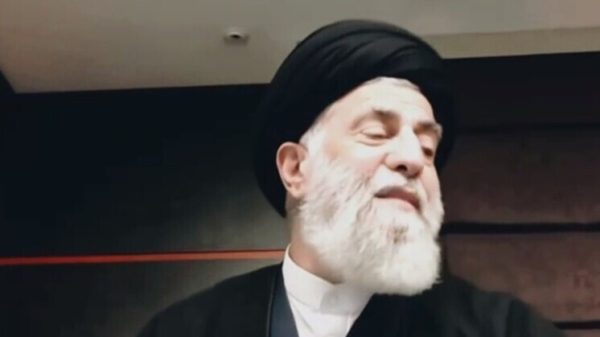




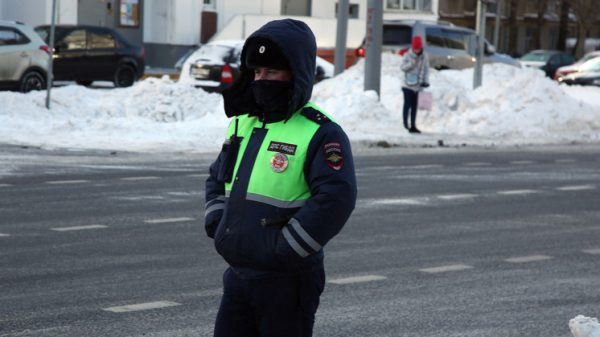
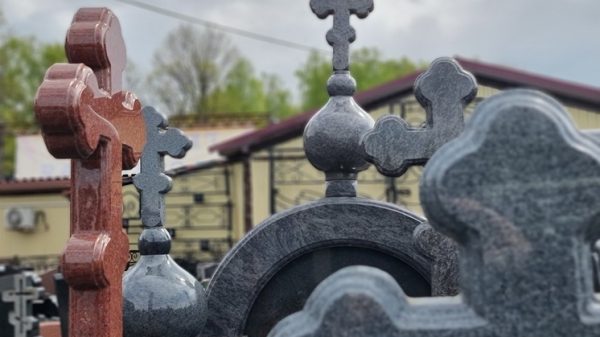
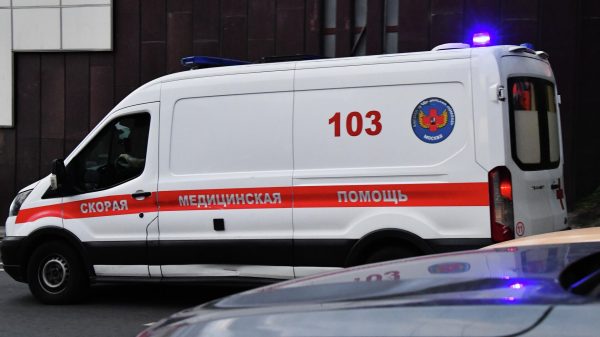


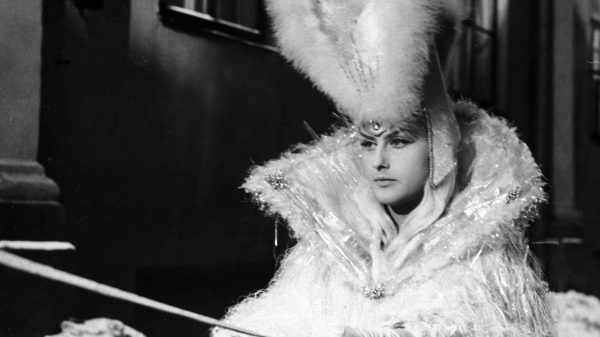
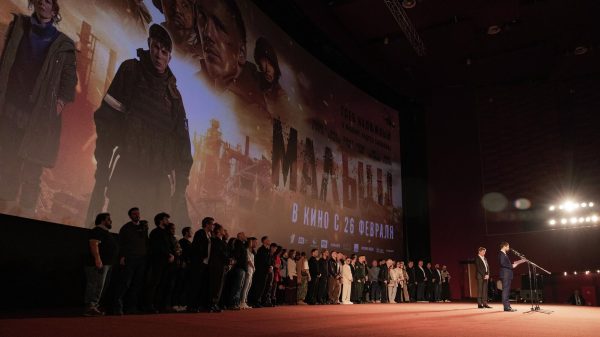



















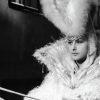




















Свежие комментарии